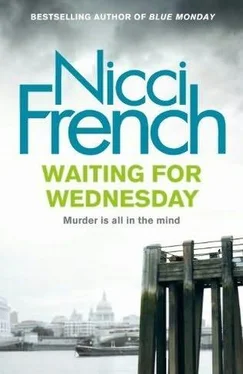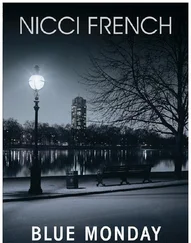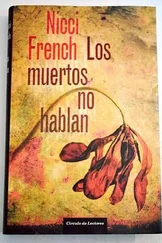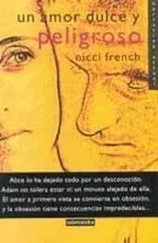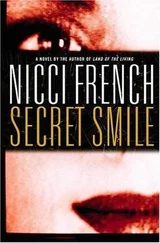And were Dora and Judith paying the price as well? As she thought of them, the image came into her mind of the funeral that she had attended just two days ago. There had been music and poems and hundreds of people, but what she had seen from her position at the back had been the two girls, one on either side of their grimly virtuous aunt. Both had had their hair cut for the occasion: Dora now had a severe fringe and Judith’s wild curls had been shorn. They seemed limp and defeated, utterly wretched. Judith had seen Frieda; her remarkable eyes had blazed briefly and then she had turned away.
The truth: Jim Fearby had lived for it and sacrificed everything for it, his family, his career and his life. In those last moments, when Lawrence Dawes and Gerry Collier had killed him, did he briefly realize he had found the truth? Did he feel justified? And was it her fault? She had tried to help Fearby and he had died. She had travelled with him, talked with him, planned with him. She had abused her friendship with Karlsson to get him involved but she had failed Fearby. Fearby had made the connection with Dawes but should Frieda herself have realized that he couldn’t have acted alone? He had gone ahead of her into that underworld and she hadn’t been able to save him.
Sharon Gibbs had been rescued and restored to her family and that was something. If she and Josef hadn’t burst in, Sharon Gibbs would have joined the others. They had found them buried in the cellar. Frieda was haunted by their names, and by their faces in the photographs Fearby had shown her. Happy family snapshots of young girls, who didn’t know what was ahead of them. Hazel Barton and Roxanne Ingatestone and Daisy Crewe and Philippa Lewis and Maria Horsley and Lila Dawes. And there was a seventh. The police had found another body in the cellar, the skeletal remains of a young female. Unidentified. Fearby had missed her somehow and the police had the names of too many missing girls. Karlsson said they had a DNA sample and might strike lucky. All those lost girls, but Frieda couldn’t stop thinking about the unknown one. It was like staring into an abyss and being lost there.
Frieda wanted to feel guilty about what she’d done to Josef as well, but that was harder. She suspected at first that his cheerful stoicism might be concealing post-traumatic stress. It could emerge much later, that was what the literature said. But really there was no sign of it at all. He was enjoying the attention, and when Karlsson had said there was some possibility of an award for bravery, he seemed to enjoy it even more. His account of the event seemed to become more embroidered with each retelling, but even Frieda couldn’t detect signs of emotional distress.
And there was Dean Reeve. He was like an obscene kind of lover, someone who wanted to observe everything she did, feel everything she felt, accompany her to places no one else would go. The memory, the smell of the charred ruin, of Hal Bradshaw’s house haunted her. Had Dean Reeve done it to punish Bradshaw or to punish her? Had he sensed, in a way nobody else could, her hostility towards Bradshaw, then acted it out in a way she never would have? This is you, he was telling her. This is who you really are and you and I are the only people who truly recognize that. I am your twin, your other self.
So much wreckage, so much damage she had left trailing behind her.
Frieda lifted her eyes. She had almost forgotten where she was. Thelma was looking at her, full in the face.
‘I’m sorry,’ said Frieda. ‘I can’t put this into words.’
Thelma gave a slow nod. ‘That sounds like the place to begin.’
